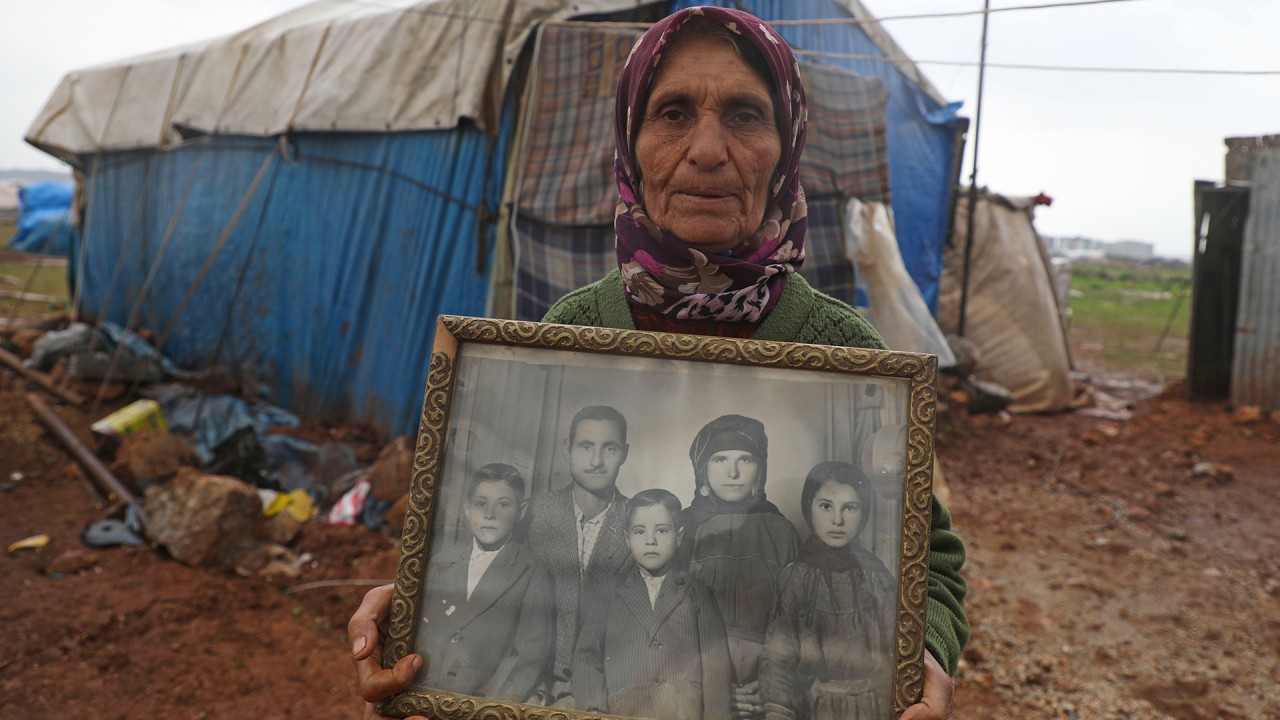
US hits Syria’s elite with new sanctions to pressure Bashar al-Assad to end civil war
- US Secretary of State Mike Pompeo says it’s the first move in ‘what will be a sustained campaign of economic and political pressure’
- The new penalties are part of the Caesar Act, which targets anyone trying to do business in Syria that would bring benefits to the government
The new sanctions, part of the Caesar Act, hit President Bashar al-Assad and his wife, Asma, as well as Maher al-Assad, a key military figure, and come atop a slew of existing designations that target Syria and its top political and military leaderships.
“We anticipate many more sanctions,” US Secretary of State Mike Pompeo said in a statement.

03:03
Entering its 10th year, Syrian civil war remains the 21st century’s deadliest conflict so far
This is the “beginning of what will be a sustained campaign of economic and political pressure to deny the Assad regime revenue and support it uses to wage war and commit mass atrocities against the Syrian people”, he said.
Syria’s central bank raised the exchange rate of the dollar against the local pound, to 1,256 pounds, from a previous rate of 704 pounds per US dollar, a statement on the bank’s Telegram app channel said.
The act, in part, aims to hit out at anyone trying to do business in Syria who in any way earns benefits for the government, effectively cutting off avenues for reconstruction.
The moves come as Syria’s economy, already devastated by nearly a decade of war, is in a tailspin, with the currency seeing sharp declines.
There is concern additional economic pain could hurt an already vulnerable Syrian civilian population.
The Caesar Act – which derives its title from the code name for a Syrian government defector – targets the country’s oil, gas and construction sectors, and could also strike al-Assad's allies core allies: Russia, Iran and Lebanon's armed militia, Hezbollah.

Meanwhile, the exiled uncle of al-Assad was found guilty by a French court on Wednesday of acquiring millions of euros worth of French property using funds diverted from the Syrian state, and sentenced to four years in prison.
The court ordered the seizure of all of Rifaat al-Assad’s property in France – which judicial sources estimate are worth €100 million (US$113 million) – as well as a property worth €29 million in London.
Rifaat al-Assad, 82, has lived in exile, mostly in France, since the mid-1980s, after being accused of trying to seize power from his brother, then-President Hafez al-Assad, Bashar’s father. He previously commanded troops accused of killing thousands of people to crush an Islamist uprising in 1982.
French judicial authorities suspected him of having unduly acquired real estate in several countries between 1984 and 2016 with funds from Syria. He repeatedly denied the allegations and said he acquired his wealth as a gift from the Saudi king.

The French court also ordered him to pay €30,000 to the anti-corruption organisations Sherpa and Transparency International France, which first filed a legal complaint against him in 2013.
“This ruling shows that nobody escapes justice and there is no impunity,” Sherpa’s lawyer Vincent Brengarth told reporters.
Among the properties that will be seized is a mansion on the prestigious Avenue Foch in Paris.
“It’s an extremely harsh decision that seems unjustified,” Assad’s lawyer Benjamin Grundler told reporters, adding that he would appeal. “There are no funds of Syrian origin in this case. All funds are legitimate.”
He will not be sent to prison pending the appeal.
In 2017, Spanish authorities seized more than 500 Spanish properties from him, worth about €700 million (US$787 million), as part of a Franco-Spanish money-laundering operation.


